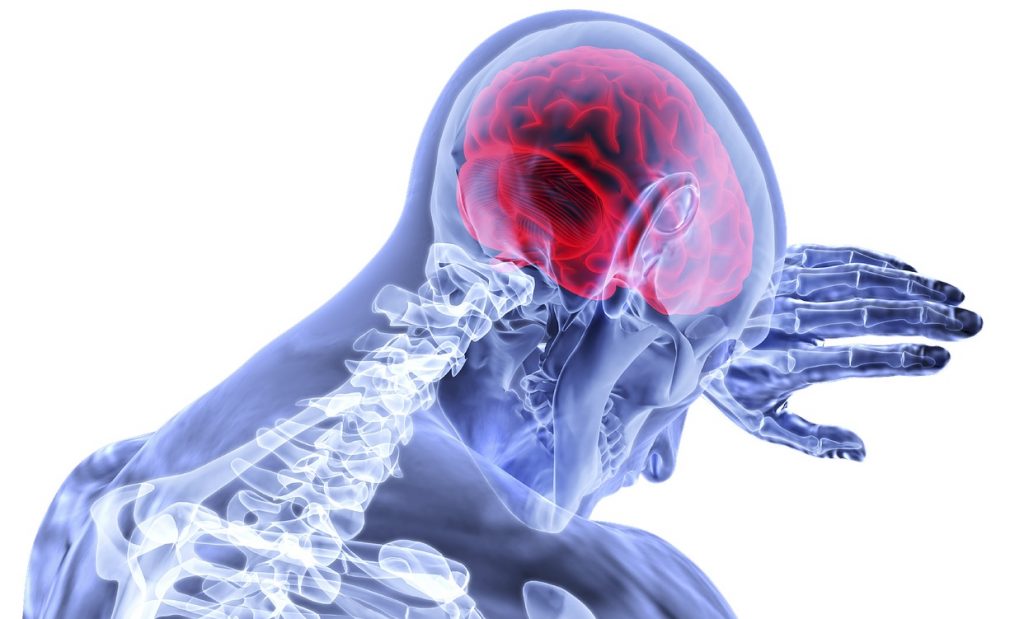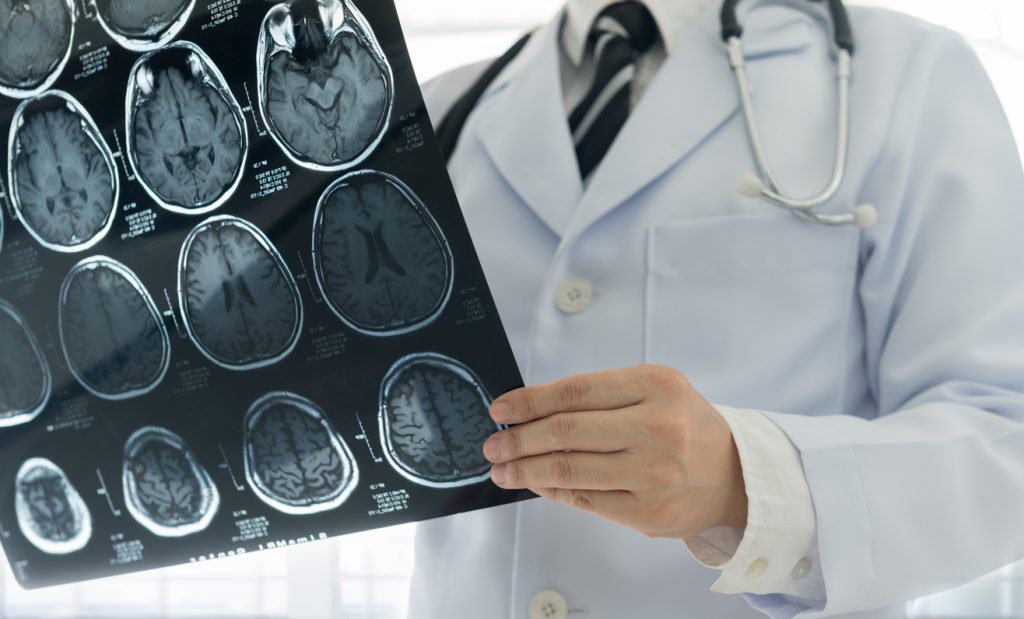Neurosurgery
A neurosurgeon is a surgeon who specialises in operative management of patients with conditions that affect the brain, spinal cord and associated nerves.
Medical Conditions
Any disease process involving the brain or spinal cord that requires surgery as part of its treatment.
- Stroke
- Subarachnoid haemorrhage
- Subdural haematoma
- Extradural haematoma
- Brain tumours
- Head injury
- Spinal cord injury
- Cervical or spinal canal stenosis
- Hydocephalus
Specialty Areas of Interest
- Brain tumours
- Spinal surgery
- Paediatric neurosurgery
- Trauma
Associated Tests
Procedures
The treatment offered by neurosurgeons revolves around surgery. They may give medications to prevent seizures, reduce brain swelling, treat infection and so on, but the mainstay of treatment is surgical. Often other specialists are also involved in the care of their patients – like neurologists or endocrinologists, intensivists or trauma surgeons.
What to expect
History
Your neurosurgeon will ask about your symptoms, their development and previous treatment. They will also ask about past medical problems and medications. Family and social history may also be relevant.
Examination
A neurosurgeon’s examination may be brief. They have usually been referred a patient because a CT scan or MRI has shown a problem that requires surgery. The problem is already defined and exhaustive examination may not be necessary. The neurosurgeon will tailor the examination to the presentation. Full examination of the nervous system, brain and spinal cord may be required and this will be performed if necessary.
Training and Qualifications
Links
- Find a Neurosurgeon
- Royal Australasian College of Surgeons
- Neurosurgical Society of Australasia
- Wikipedia – Neurosurgery
A: Use HealthEngine to find and book your next GP appointment. Click on the following locations to find a GP clinic in your state or territory.
This article is for informational purposes only and should not be taken as medical advice. If in doubt, HealthEngine recommends consulting with a registered health practitioner.
All content and media on the HealthEngine Blog is created and published online for informational purposes only. It is not intended to be a substitute for professional medical advice and should not be relied on as health or personal advice. Always seek the guidance of your doctor or other qualified health professional with any questions you may have regarding your health or a medical condition. Never disregard the advice of a medical professional, or delay in seeking it because of something you have read on this Website. If you think you may have a medical emergency, call your doctor, go to the nearest hospital emergency department, or call the emergency services immediately.








